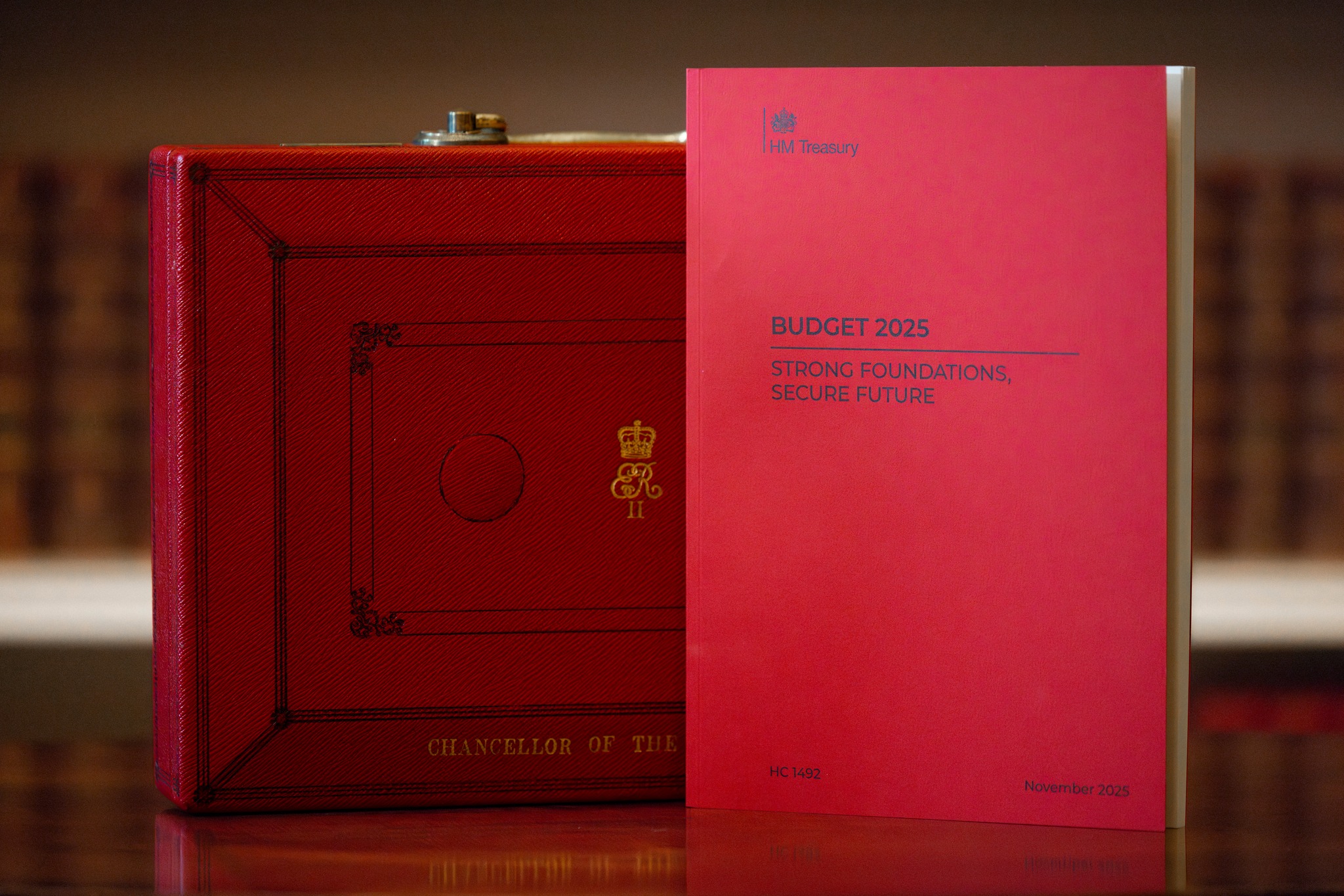2019’s first major gathering of politicians, academics, and the business elite came in the stunning Swiss ski resort of Davos. Davos 2019 was the annual World Economic Forum (WEF) conference; a chance to ascertain the sentiment and outlook on the coming year and the hottest topics and talking points. These talking points ranged from business to finance to and innovation.
A tentative approach to 2019
The overriding feeling from business leaders and politicians was that the enthusiasm of 2018 had waned significantly. Caution was, seemingly, the number-one watch-word for 2019. With parts of the eurozone entering a recession, trade wars ongoing between the U.S. and China, and the small matter of Brexit, it is little wonder that businesses are tightening their belts somewhat.However, one of the main issues to take centre stage at Davos 2019 was the environment. Prior to Davos 2019, the Global Risks Report 2019 had warned that humanity was “sleepwalking its way to catastrophe”. The world’s inability to act on climate change was one of the biggest challenges highlighted in the report.
Key takeaways
Climate change and the challenges to mitigate the impact of modern life on the wider environment were discussed at length. Speakers included many Prime Ministers, as well as the UN Secretary General, Antonio Guterres. Encouragingly, many of the world’s smartest brains were also prominent at Davos 2019 to discuss the following opportunities to innovate and look after our planet:
- It was found that the world produces 44.7 million tonnes of “e-waste” every year. This is the equivalent of more than the weight of all commercial jet planes ever built. To address this issue, the Global Environment Facility (GEF) confirmed a joint partnership with leading tech conglomerates. These included companies such as Microsoft, Dell, and Philips and sought to thwart the creation of e-waste “dumping sites”
- The Innovation with a Purpose initiative was launched to resolve global food challenges. These included looking at poor food supply chain transparency and the environmental impact of the global food system. Food systems are currently responsible for up to 25% of all greenhouse gas emissions worldwide. This new initiative will help to fund and scale-up food system policies for the Fourth Industrial Revolution; a revolution that may involve blockchain technology.
- 50 chief executives from the world’s leading global companies met to further their commitment to action on climate change. In the last three years, these conglomerates cut their collective emissions by 9%. Davos 2019 was a chance for these CEOs to reaffirm and enhance their climate governance principles.
FAQs

Can we help your business?
Book a free consultation with our expert R&D funding advisors today. We specialise in helping innovative businesses like yours unlock millions in government funding, specifically allocated to fuel your innovation. Let us help your business access the support it deserves.








.svg)


